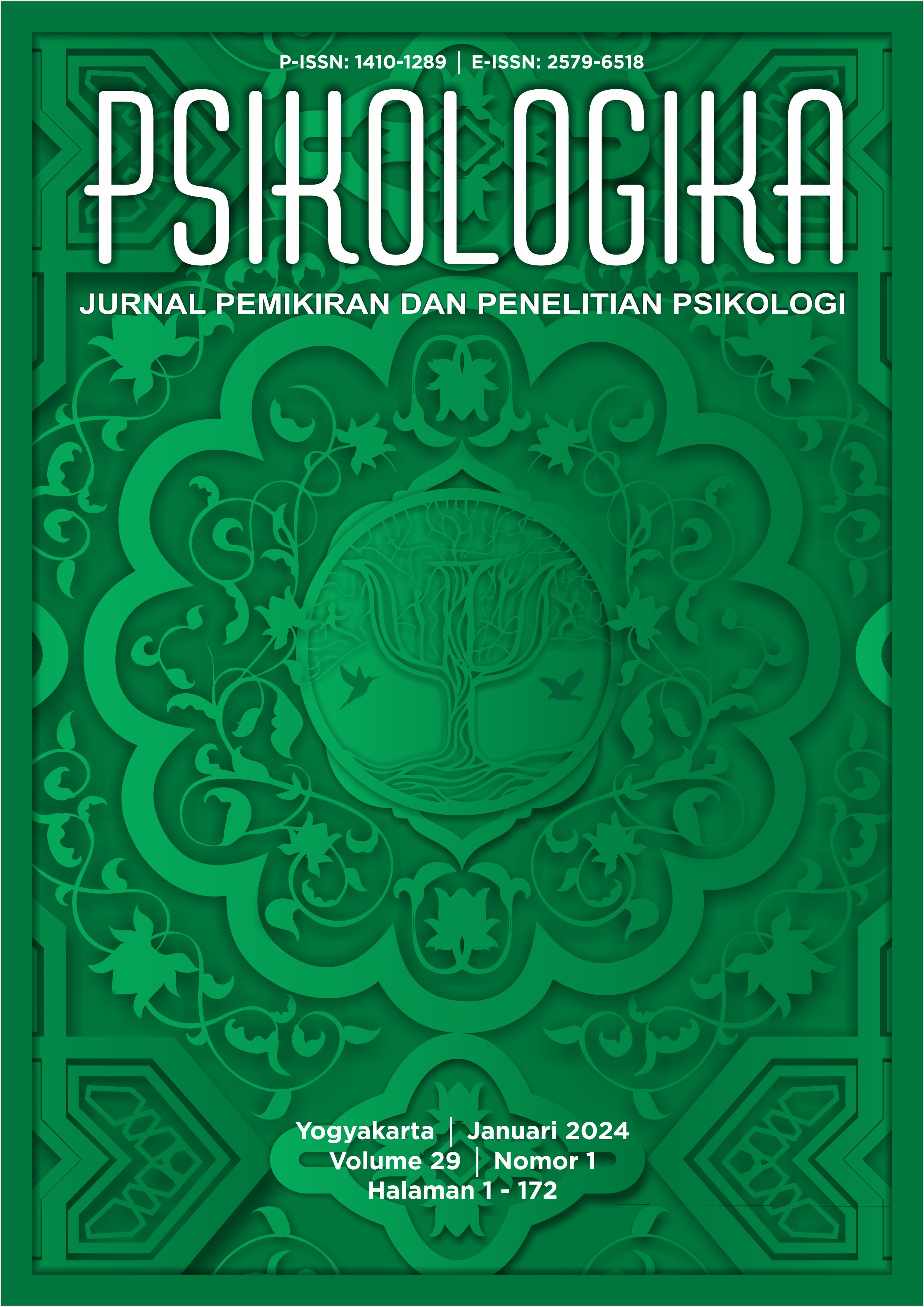Main Article Content
Abstract
The growing competition among companies is increasing the necessity for management to focus more on a crucial company resource, such as human resources (HR). Competence is recognized as a critical factor in attaining the desired level of performance within the company, as evidenced by past outcomes. However, there has been no study conducted using the systematic literature review (SLR) method to summarize the result in the form of intervention proposed to assist employees. Therefore, this study aimed to determine the trend in competencies required by HR department in a profitable company using SLR, specifically the scoping review method. The result shows that there is a broad overview of the required competencies when managing HR. In this context, competencies related to green human resources (GHR), organizational development (OD), and technology-based development are the most discussed topics.
Keywords
Article Details
Copyright (c) 2024 Ardian Rahman Afandi, Noor Siti Rahmani, Dyla Jesika Pontoh, Ahmad Ismi Maulana, Ari Widianti, Hanna Shakira, Raden Nasya Trifiani Aprilia

This work is licensed under a Creative Commons Attribution-ShareAlike 4.0 International License.
Authors who publish with this journal agree to the following terms:
- Authors retain copyright and grant the journal right of first publication with the work simultaneously licensed under a Creative Commons Attribution-ShareAlike 4.0 International License that allows others to share the work with an acknowledgment of the work's authorship and initial publication in this journal.
- Authors are able to enter into separate, additional contractual arrangements for the non-exclusive distribution of the journal's published version of the work (e.g., post it to an institutional repository or publish it in a book), with an acknowledgment of its initial publication in this journal.
- Authors are permitted and encouraged to post their work online (e.g., in institutional repositories or on their website) prior to and during the submission process, as it can lead to productive exchanges, as well as earlier and greater citation of published work (See The Effect of Open Access).




